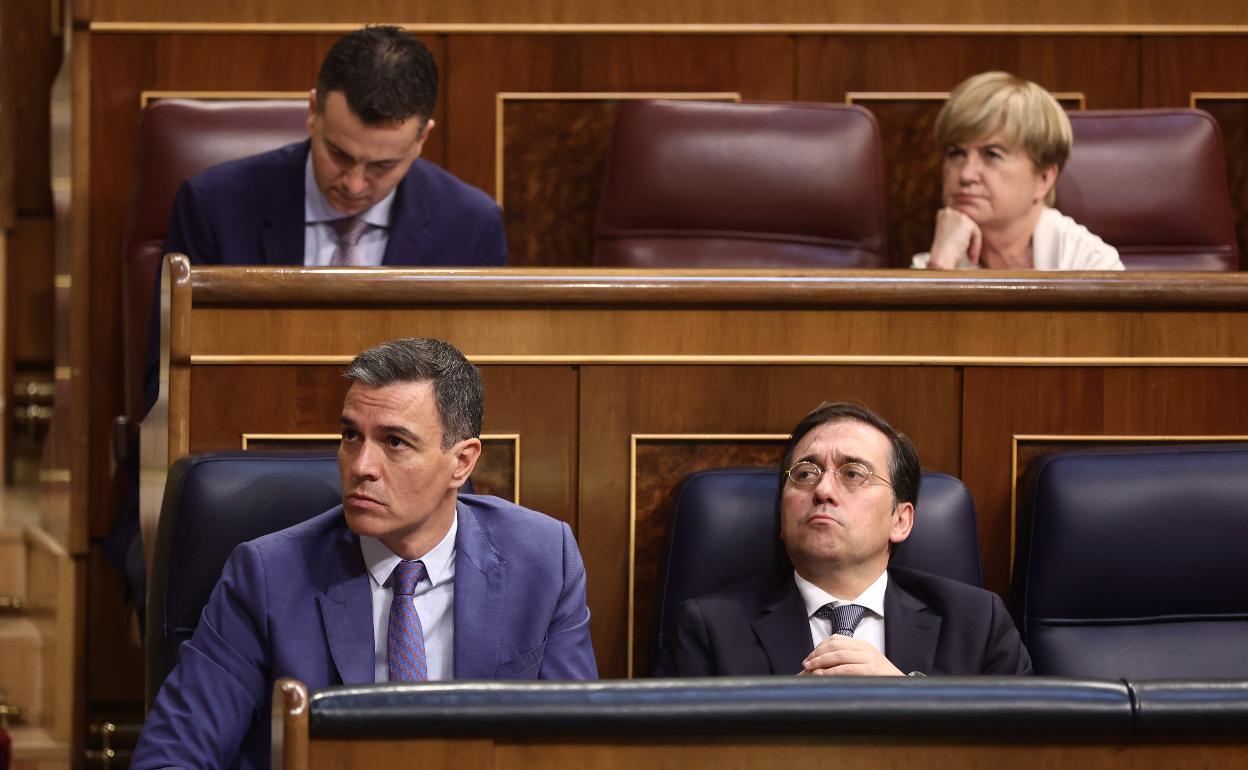De-friended
THE EURO ZONE ·
Though it may not affect Spain's gas supply, it is a sign that shows how fragile the country's relationship is with Algeria'Diplomacy requires discretion, not airy conversations." So said José Albares, Spain's minister for foreign affairs, in March. Ironically, the context of this declaration was the Spanish government's biggest diplomatic blunder to date - namely, its reversal of decades-old neutrality over the Western Sahara dispute.
To assuage concerns that the sudden change in foreign policy might damage relations with Morocco's neighbour Algeria, on which Spain is heavily reliant for natural gas, Albares described Algeria as a "trustworthy partner" about which he had only "good words". It would seem that the minister spoke too soon.
This Wednesday, Algeria suspended its two-decade old treaty of "friendship, good neighbourliness and cooperation" with Spain, claiming that Pedro Sánchez's endorsement of Moroccan control of Western Sahara amounts to "support [of] an illegal and illegitimate formula... advocated by the occupying power [i.e. Morocco]".
Although Algeria's withdrawal from the 2002 agreement is not expected to affect gas supply to Spain, it highlights the fragility of relations between the two countries. Indeed, Algeria opposes Morocco's control of the region on the same principles that it resisted Spanish occupation, which lasted from 1884 to 1976.
In signing the Madrid Accords on November 14th 1975, six days before fascist dictator Francisco Franco died, Spain granted Morocco and Mauritius "temporary administration" of its former colony, supposedly pending a UN-endorsed independence referendum. Algeria, which had tried to dissuade Spain from signing the Accords, promptly showed its anger by backing a pro-independence group in the Canary Islands. If current Algerian president Abdelmadjid Tebboune wanted to be similarly provocative, he could declare solidarity with Catalonia's secessionist movement.
Then there's Sánchez's ambitious Focus Africa plan, unveiled with great fanfare last spring and since completely forgotten about. This somewhat Utopian initiative, released in time to make the Socialists look good ahead of key elections in Madrid, pledged to improve infrastructure throughout the continent, with a long-term view to decreasing illegal immigration from countries such as Senegal and Angola. Reaching for a memorable slogan, Sánchez said that he wanted the 2020s to be Spain's "decade in Africa''.
It's starting to look like that might be the case, but not because of anything outlined in Focus Africa. The U-turn over Western Sahara has also weakened the Socialists' ties with Podemos, their increasingly marginalised coalition partner and a supporter of Western Sahara's pro-independence forces. In other words, Sánchez's endorsement of Moroccan control over a former Spanish colony is causing problems at home as well as abroad. So much for the "discretion" that Albares maintains is crucial to effective diplomacy.

